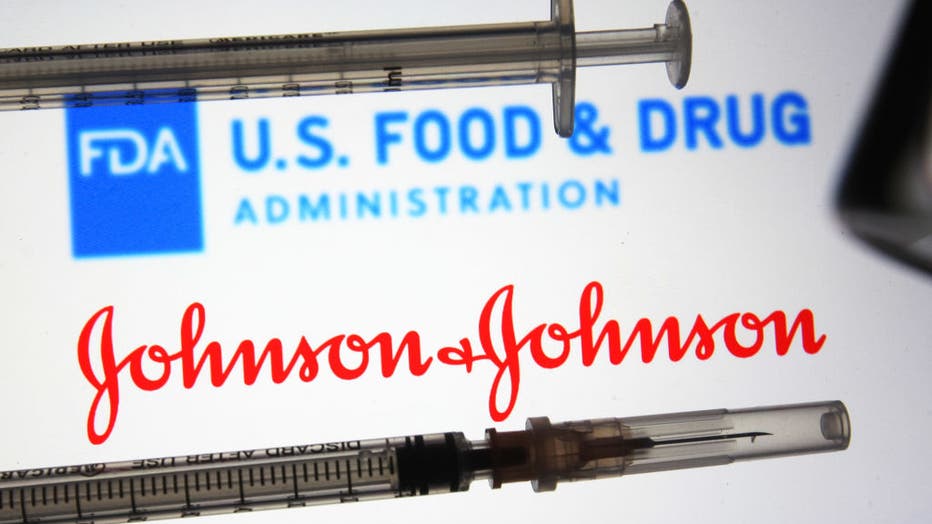FDA OKs just 10M J&J vaccine doses from troubled Baltimore plant
BALTIMORE - The U.S. Food and Drug Administration announced Friday it will authorize the release of two batches of Johnson & Johnson’s COVID-19 vaccine manufactured at its troubled Baltimore plant.
According to the Associated Press, the authorized batches will include as many as 10 million doses of vaccine. But they said many more must be thrown out.
Baltimore’s Emergent BioSolutions factory, known as Bayview, is one of several contractors for J&J that produces its one-shot vaccine in bulk. The concentrated vaccine then is shipped to other factories for final steps, including diluting them to the correct strength, putting them in vials and packaging them up, the AP reported.
RELATED: FDA finds multiple ‘quality issues’ at Johnson & Johnson COVID-19 vaccine plant in Baltimore
The plant had recently failed multiple FDA inspections, causing them to halt production of the single-dose vaccine. Since then, regulators have reviewed the facility’s records and deemed two batches of their products suitable for use.
"These actions followed an extensive review of records, including the production history of the facility and the testing performed to evaluate the quality of the product. This review has been taking place while Emergent BioSolutions prepares to resume manufacturing operations with corrective actions to ensure compliance with the FDA’s current good manufacturing practice requirements," said Dr. Peter Marks, director of the FDA’s Center for Biologics Evaluation and Research.

Disposable syringes for injection can see in front of logos of the U.S. Food and Drug Administration FDA and Johnson & Johnson in this creative symbolic photo. (Photo illustration by STR/NurPhoto via Getty Images)
"Additionally, the action to extend the shelf life for the refrigerated Janssen vaccine means that jurisdictions that have doses on hand now have additional time to administer vaccine."
Emergent’s factory had a history of FDA citations for problems including mold, dirty walls and floors, poorly trained employees and an inadequate strategy to prevent contamination, the AP reported. The FDA said it is "not yet ready" to authorize the plant as a manufacturing facility.
This story was reported from Atlanta.

